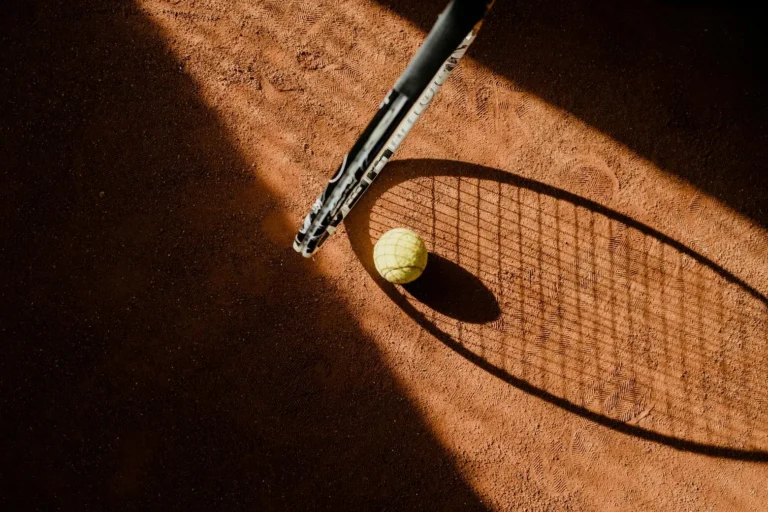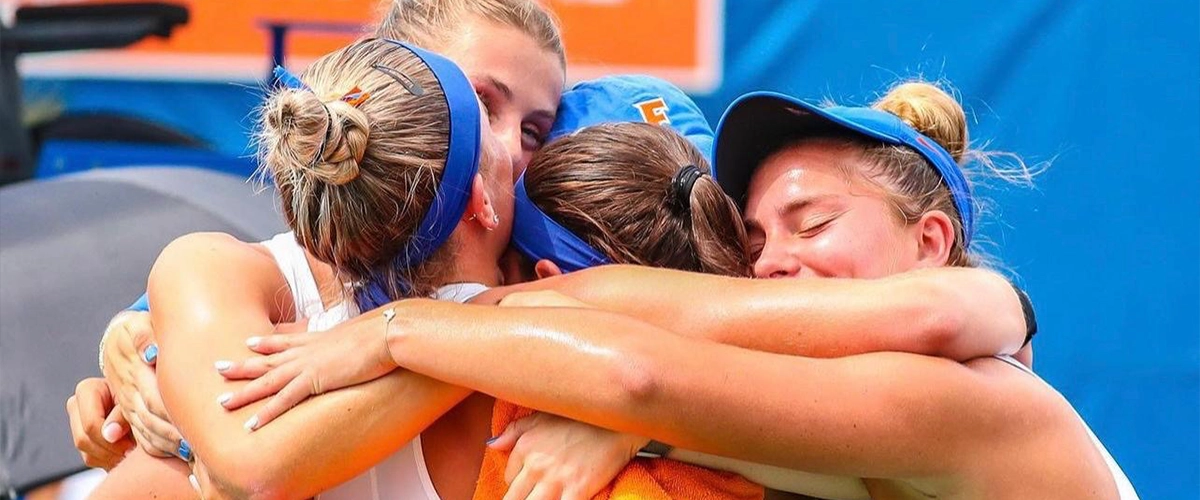
Student Athlete Mental Health: Overcoming Obstacles in College
How Sara Dahlstrom rebuilt her mindset to become an All-American athlete
Mental Health Awareness Month is the perfect time to highlight a topic often overlooked in college sports: student athlete mental health. For international student-athletes, managing school, training, competition, and life far from home can be challenging.
At Keystone Sports, we believe that success is not just about winning trophies but overcoming obstacles and becoming the best version of ourselves.
This week, we’re proud to feature a powerful story from Sara Dahlstrom, a standout Swedish tennis player competing for the University of Florida, one of the top women’s tennis programs in the US. Sara shares her journey, her challenges adapting to college life, and how she rebuilt her mindset to become an All-American athlete.
Why I Choose College Tennis
When I started playing tennis, I had the dream of becoming a professional tennis player. I trained and competed with the mindset to be the best player in the world, and I spent years trying to prepare myself for the pro tour.
Going into high school, I struggled a lot with my physical and mental health, and it got to the point where I was forced to take a complete break from tennis to recover. Even though I knew I had to put my professional tennis on pause at the time, I was not willing to give up on the sport I had enjoyed playing for so long. I was determined to continue playing tennis, but I also wanted to continue my studies.
Since I wanted to combine both, my interest in college started to grow. College allows young athletes to combine athletics with academics, and I knew it could give me future opportunities both inside and outside the world of sports. After a lot of contemplating, college tennis felt like the perfect fit for me.
Fighting the Stigma Around College Sports
When I started the recruitment process in 2020, the idea of college tennis was not as popular in Sweden as it is today.
Some people even referred to college sports as “players who failed to become professionals.” Instead of encouraging athletes to continue playing tennis, even if it meant without the intention to become a professional player, it was almost shameful to talk about college athletics.
In a national tennis community that lacked proper interest and information about college tennis, I had few people around me to ask for advice when it was my turn to commit. I was used to a certain sporting culture and school system, and it became clear to me that I was unfamiliar with the US college system.
The beginning of my journey felt like a blur, and I could not process how incredible college tennis could actually be, until I had my first ever phone call with a coach at a Division I school in Texas.
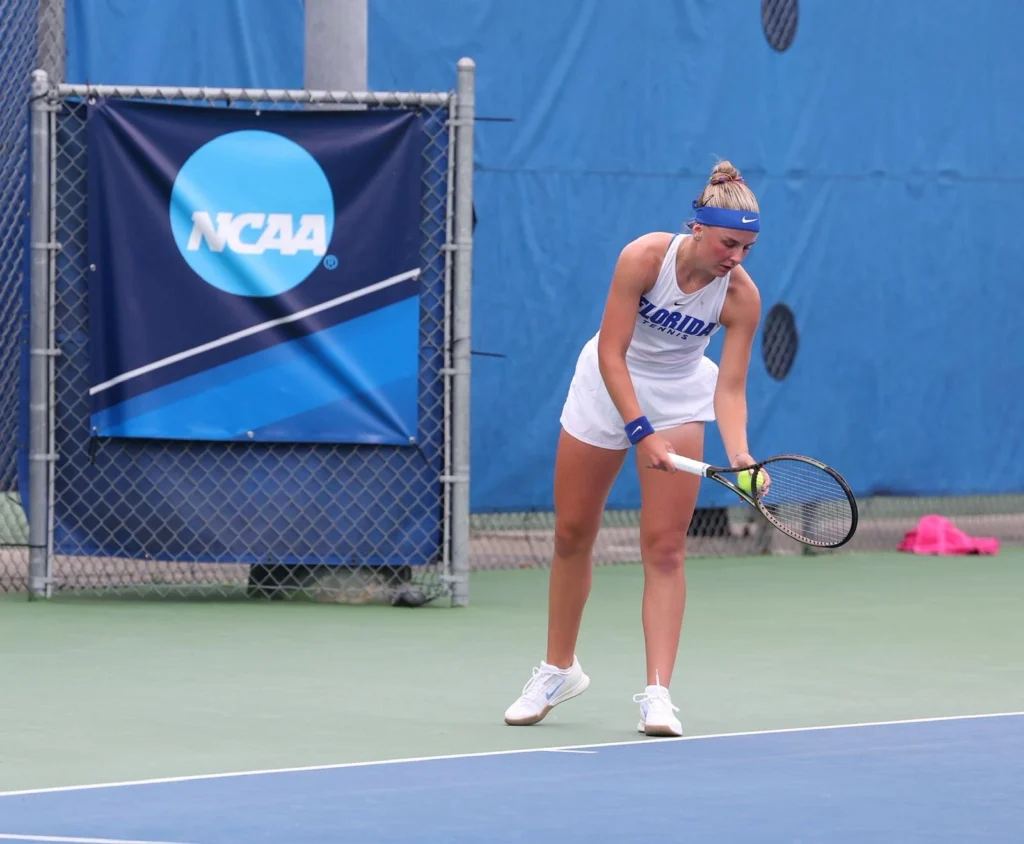
Becoming a D1 College Athlete
I have always had the mentality to give maximum effort on the court and in the classroom. I would beat myself up if I did not perform the way I had expected in both areas. I carried the winning mentality with me into my recruiting process, and I was determined to go to a Division I university in America.
I was blessed to get offers from university programs that were known for academic and athletic excellence, and I knew early on in the process that I wanted to be a Florida Gator.
When I signed up for the University of Florida women’s tennis team, I got a feeling of accomplishment. The dedication to the sport, the struggles I had overcome, and the hard work had paid off in a different way than I had ever imagined. It was all a part of the process leading me to where I was meant to be.
I committed to one of the best universities in the nation, both athletically and academically, and I will spend the upcoming four years in The Swamp. I will have to acclimate to a completely new environment, but I was ready for the challenge.
Adjusting to a New Culture and a New Team
As an international student, committing to a university abroad and moving to a place across the Atlantic is not easy. It means traveling thousands of miles away from home and starting a different chapter on your own. Becoming part of an unfamiliar culture can feel mentally exhausting, and it took time for me to adapt to the new lifestyle.
I came into the team as a lone freshman, and I did not know how to navigate the layout and the routines in college.
Playing for a college team also means playing for something bigger than yourself, and you carry a responsibility as a teammate to be the perfect example of what it means to represent your team and your university. I had a hard time finding the beauty in the pressure that comes with playing for a prestigious school like the University of Florida, and I feared the feeling of underperforming.
Starting College in a Global Pandemic
I also began my college journey at the peak of a global pandemic. I was told that college would be “the best four years of my life,” but my first year in the States was not my best year.
On the first day of arriving in Gainesville, the hometown of the Florida Gators, I had to stay isolated in a hotel to get tested for COVID-19. The social distancing later continued onto campus, where 50,000 students were in online classes. The only exception was international students, who were still required to have in-person classes.
The football stadium that normally takes a crowd of almost 100,000 people was limited to only 9,000 students inside. Athletes were not allowed to spend time in the locker room or meet in groups with other student-athletes. We were required to wear face masks everywhere around, and it was nothing less than uncomfortable and strange. If an athlete got infected with COVID-19, it resulted in two weeks of isolation without any kind of training, school, or competition.
Injuries, Exhaustion, and Mental Burnout
On top of an already rough start, I suffered the early stages of stress fractures in both of my shins. The injuries would limit the time I was allowed to spend on the court, but playing for a team with a history of winning national championships was more important to me than listening to my body.
I managed to play a full season with sustained injuries, but it was physically not possible for me to perform at the level I knew I could if I had been healthy. The feeling of failure and disappointment made me lose most of the motivation I had built up for the sport again, and I wanted to go home to Sweden and not come back for my sophomore year. I did not want to be near a tennis court or even hold a racket.
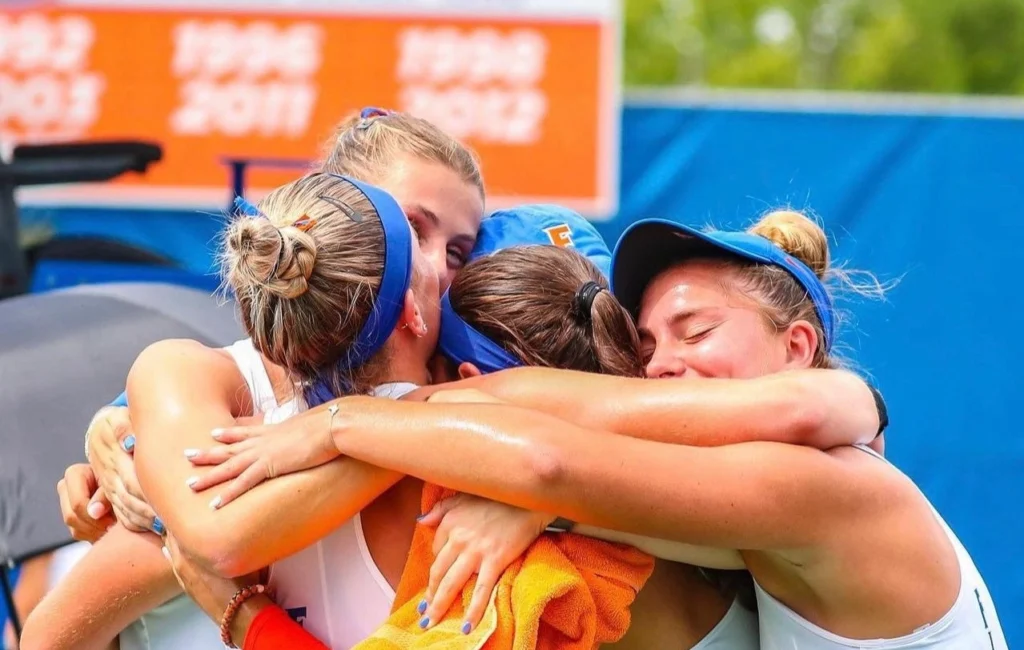
Asking for Help and Rebuilding
In a time that felt like the end of the world, I had to encourage myself to keep going. After a hard freshman year, I searched for help from my family, along with professionals, to talk about my mental health and figure out a way to push through.
I was determined to start working harder than ever, both on and off the court, and to use the time I had left in college to become the best tennis player and person I possibly could be.
Coming Back Stronger: The Making of an All-American
I turned the setbacks from my first season into motivation, and I prepared myself differently going into my second year. I focused on developing the strength and conditioning aspect of my tennis, and I trained myself to enjoy the physically challenging moments. By changing my mindset and ways of working, I got to live a college life as I had dreamed of it.
The following semesters, I enjoyed every second I spent on court, both during practice and during the matches. I reached the goals I had set for myself before going to college, and I finished my career as an All-American.
From the start of my second conference play to the last point after four years of college matches, I played some of my best tennis and shared some of the best moments of my life with my teammates and friends in college. I had proven to myself that I could achieve anything if I never gave up.
A Message to Future College Athletes
For anyone who decided to play college sports at a high level, this is a friendly reminder that it is not easy. Going to a Division I university does not come for free, and it certainly costs many hours spent on training.
College is worth every single minute of sacrifices, and it is certainly the experience of a lifetime.
If you are starting your college career, I recommend that you be patient and give it time. Changes are difficult, and they can feel draining. In times of doubt, remember that you are new to the lifestyle as much as the lifestyle is new to you. All you can do is prepare yourself physically and mentally and arrive on campus with a championship attitude.
If you ever feel overwhelmed with emotions, do not be afraid to ask for help and use the support systems available. I wanted to feel independent and try to figure out life on my own at the beginning of my college career, and it almost took away everything I had worked so hard for. It took me a year to realize that I was not alone in the journey, but I eventually learned, and I learned it the hard way.
If I can inspire anyone to take the next step, I would encourage you to use the resources that college provides for you to succeed. Enjoy the pressure and see it as an opportunity to grow. The best four years of your life await.
At Keystone Sports, we understand that a student athletes’ mental health is just as vital as physical training. That’s why we offer Mental Coaching as part of our Performance Program. The program is designed by professionals in sports performance to help athletes nurture focus, resilience, and a strong mindset.
We also encourage our athletes to reach out to their college athletic departments for support. Most programs offer access to sports psychologists and counselors with valuable resources for student athletes’ mental health. Use them. They’re there to help you succeed, not just as an athlete, but as a person.
Mental health is part of the journey, and asking for support is a sign of strength.
Share this article:
More related articles
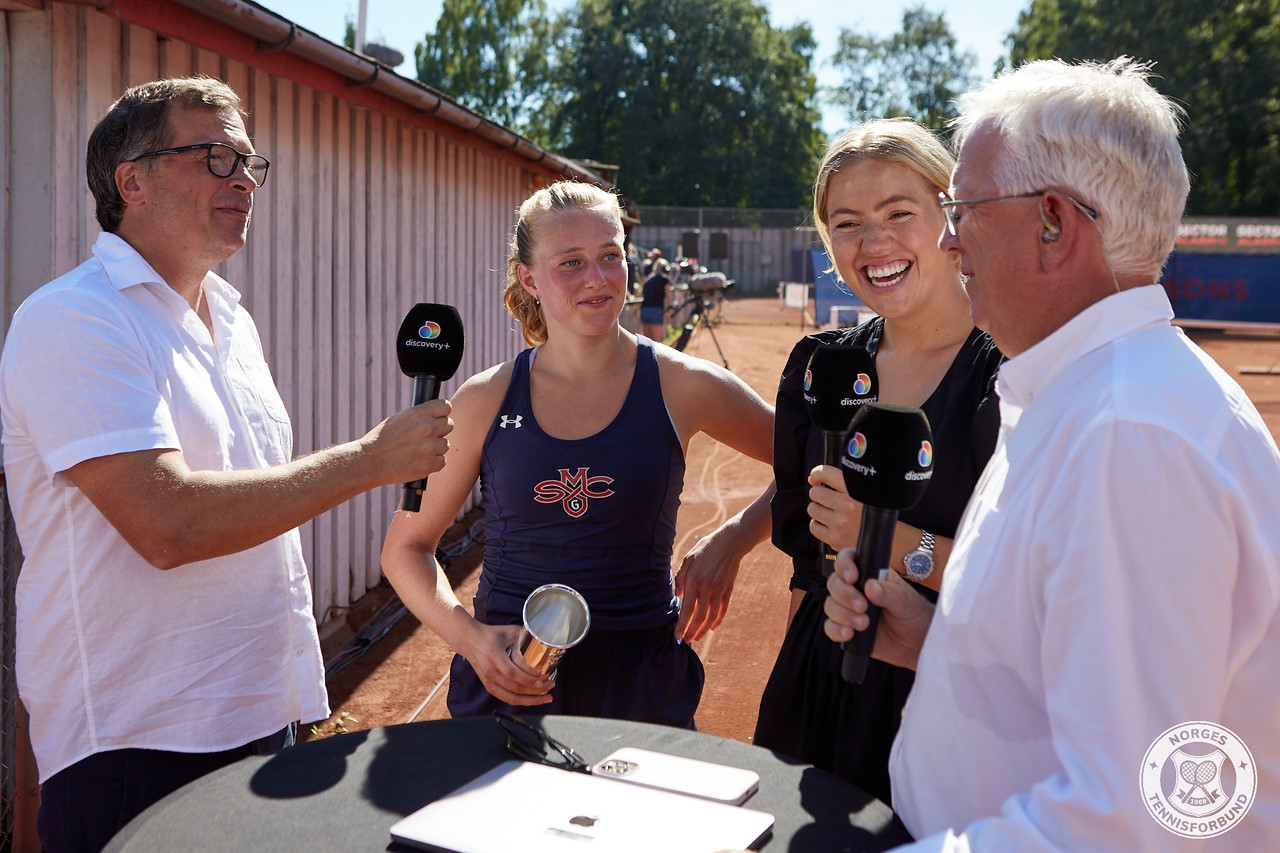
Lene Mary Bolkesjø Hovda, new champion of the Norwegian national tennis championship
Lene Mary Bolkesjø Hovda, currently a student-athlete on a tennis scholarship, is the new champion of the Norwegian Tennis Championship!
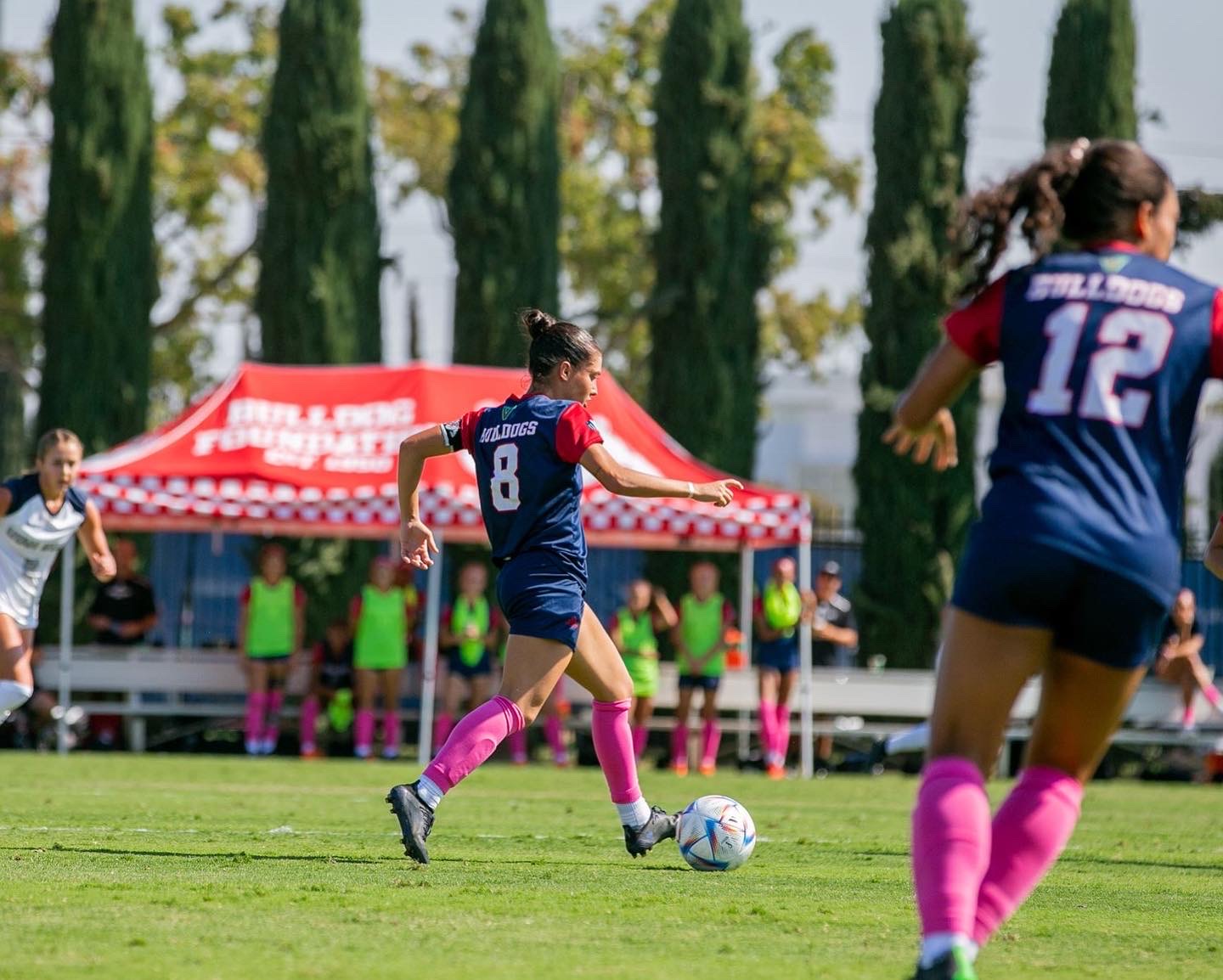
My Experience in Women’s College Soccer in the United States
Discover how women’s college soccer scholarships in the United States offer unique resources, opportunities, and support. Student-athlete Lorena Montañés shares her firsthand experience and compares women’s soccer in the US and Spain.
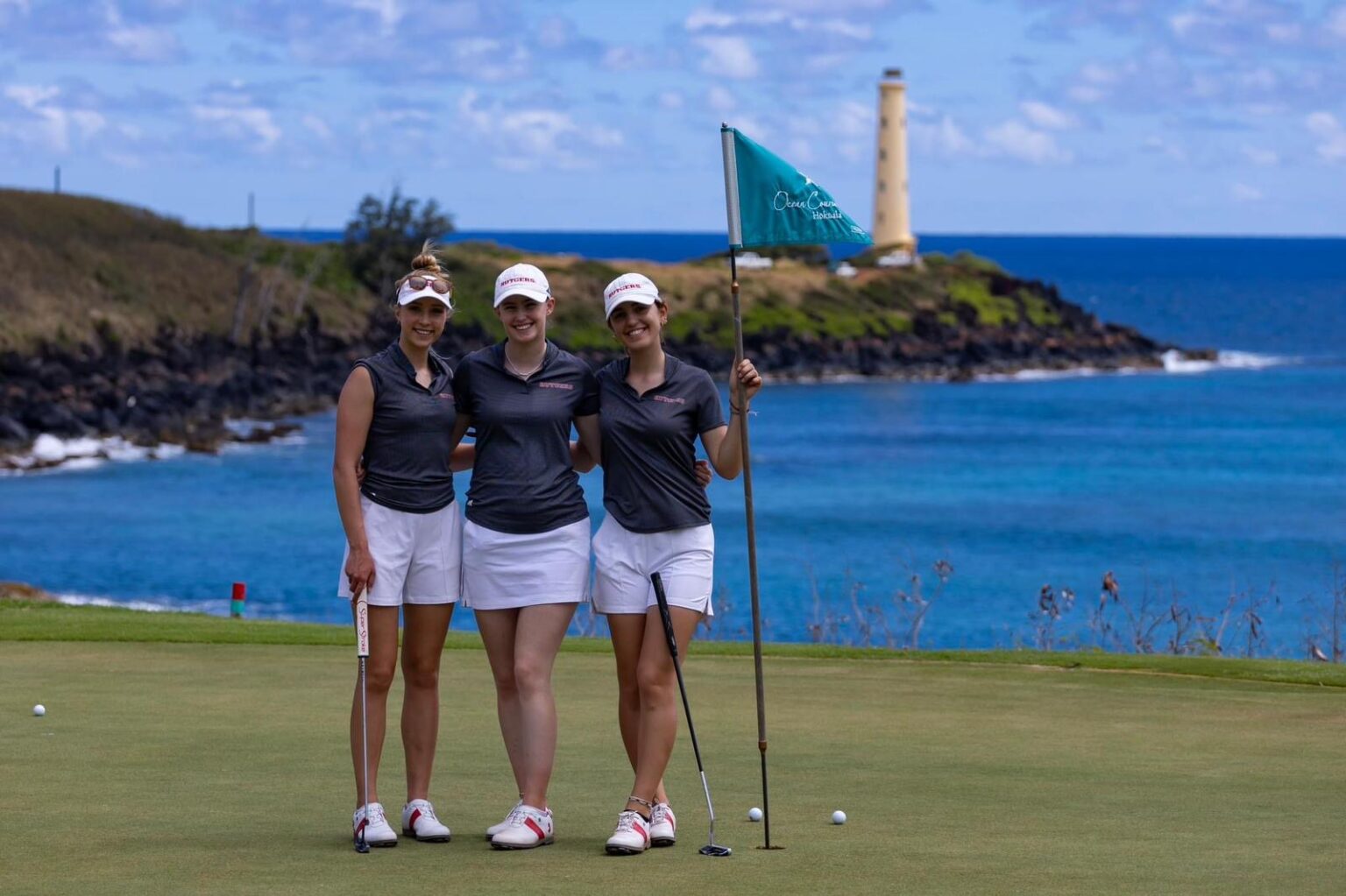
College Golf Spring Break: Exploring Kiawah Island and Hawaiian fairways
Women’s golf is one of the most popular sports at universities in the US. But what is it like to be a college golf student-athlete? You get to travel and compete in incredible locations – like Kiawah Island and Hawaii!

